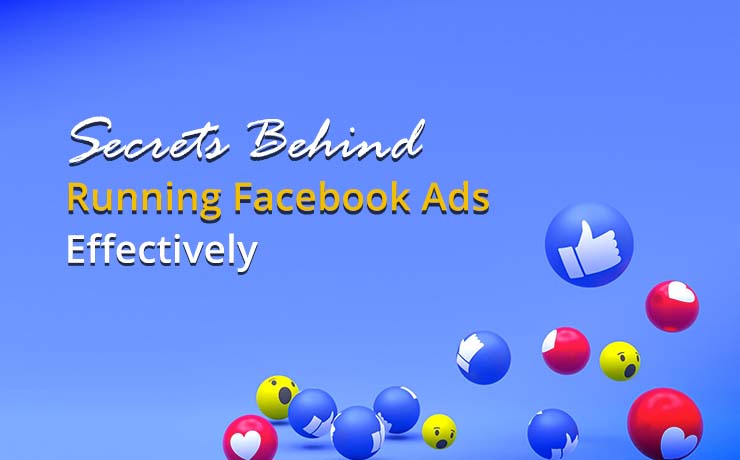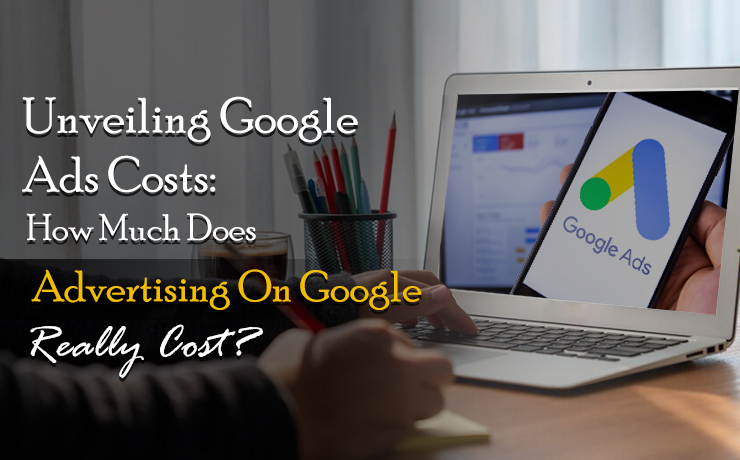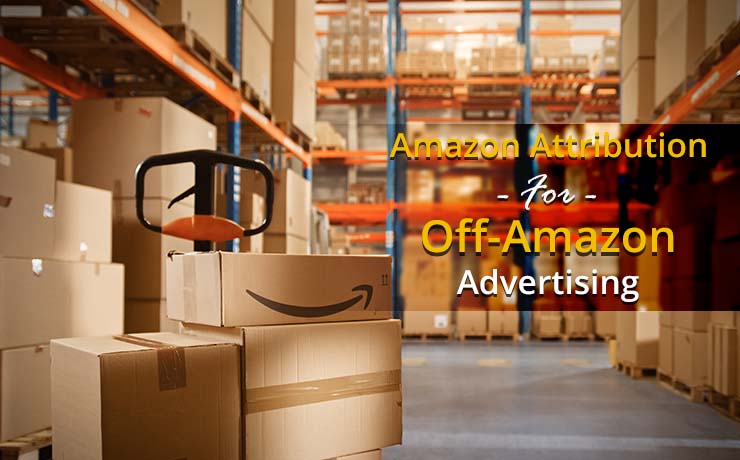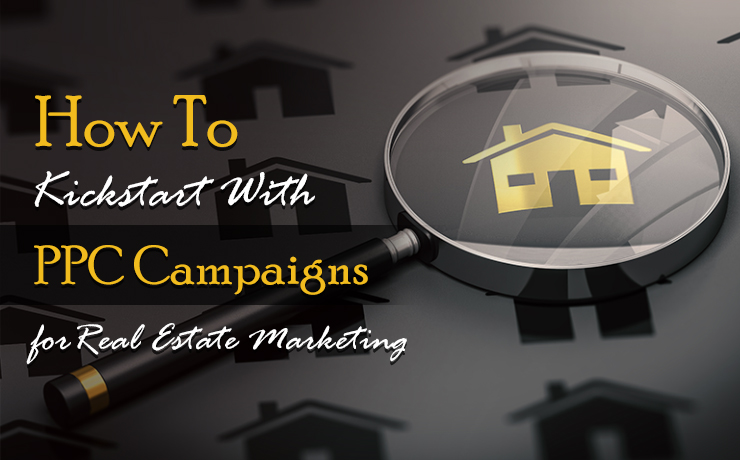PPC Explained For The Layman

Chad Faith
Director of Content
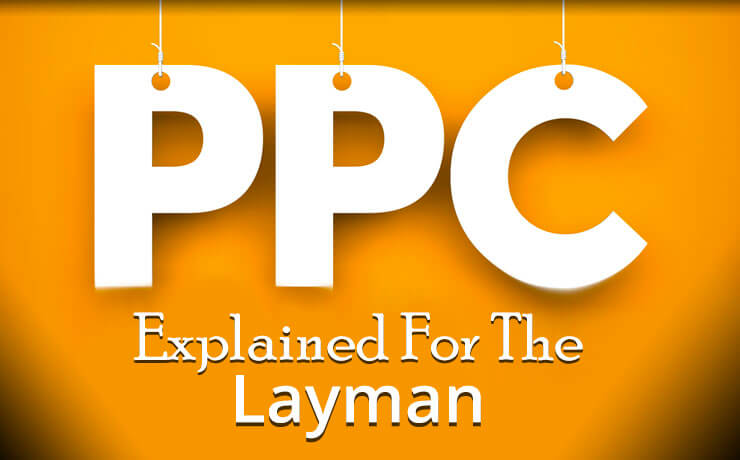
For starters, PPC stands for Pay Per Click, and it is an online advertising model where you spend X amount of money to get your advertisement clicked. In fact, a significant portion of the revenue of major search engines comes from publishing PPC ads. Yes, I am referring to Google, Yahoo, and Bing. Let’s get started at getting PPC explained in simplified terms!
How Does PPC Work?
When you type a word into Google’s search bar, you will then be presented with listings that match your search. You will notice two types of listing: organic and paid. The latter refers to results that feature and ‘Ad’ icon. PPC ads are those listings. In some cases, PPC ads can identified by a little yellow Ad tag at the top left corner of the SERP as well.
With that in mind, an advertiser only pays the ad publisher (e.g. Google) when a user clicks on that specific advertisement. In addition, PPC also works on an auction-based advertising model. Here’s a sample scenario:
- You choose how much you are prepared to pay for a click. For instance, $1.50.
- If you meet a competitor who is willing to pay higher than $1.50, his or her ad will sit above your on the SERP.
- You decided to raise your bid to $1.51. Your listing now comes out on top.
Get it?
Types of PPC Campaigns Out There
Here are some PPC campaign variations you should know:
Facebook ads
As you already know, Facebook is one of the largest auction platforms on the Internet. Those who advertise through Facebook are required to set their bid amounts and budget before launching a campaign. Running Facebook ads is a great way to target small business owners and build one’s brand for consumer services and products.
Display ads
Display advertising is the process of displaying visual and engaging ads across all Google partner sites. This advertising format allows you to pick who sees your advertisements; you select people who have visited websites that are similar to yours. What’s more, you will be able to target everyone across the web.
Remarketing
Have you been to a website and then see one of their ads appear somewhere else? If so, you have been remarketed to. Remarketing is an effective method to target individuals that are expressing genuine interest in your company, products, and services. Since they have already made the effort to find you and browse your site, why not let them see your ads again? It might increase the chance of enticing them to return to your site and make a purchase.
The Benefits of Running PPC Campaigns
Allows you to reach a more targeted audience
You have the flexibility to choose when and where your ads will appear based on several variables such as date, time, device, website, location, keywords, and more. Because of this you can bring and market your services and products in front of the correct audience.
Offers fast results
PPC is suitable for businesses that need results fast. All you need after setting your website up is to create an AdWords account, then the ads, and finally run them in Google network to start getting traffic.
PPC can be affordable
You get to choose how much money to spend for an ad and how much to pay for a click. Simply put, there are no budget restrictions. What’s more, you can easily analyze if your investment is making a profit or a loss. When you work with an experienced PPC marketing specialist, you will often find that PPC can be effective yet inexpensive.


